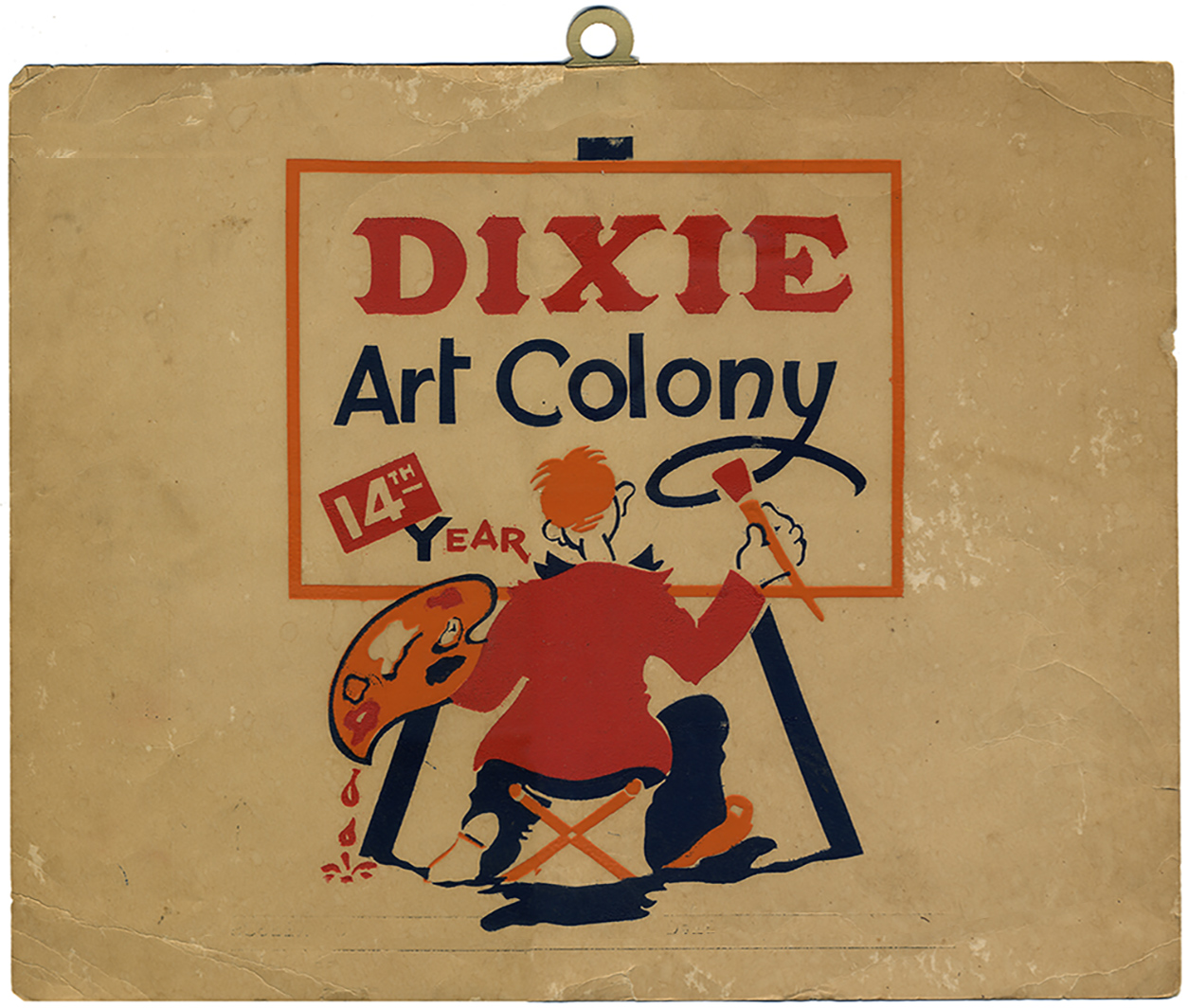—by Mark Harris, Founder & Director of the DAC Foundation
The health and welfare of our visitors and volunteers is our highest priority. Therefore, as of Monday, March 16, 2020, we CANCELED our programs scheduled for MARCH 28 and APRIL 18, 2020. As soon as we can return to a normal routine, we will announce new dates for both events. We have also suspended our regular gallery hours until further notice.
In the wake of Covid-19, we must all devise new ways to continue our missions without engaging in close face-to-face interaction. As creative individuals living in this emerging technological age, we can easily continue to spread our message in new and more creative ways. During this period of distancing ourselves physically, we would be remiss if we don't seize this opportunity to utilize technology to reach out to what is, at least temporarily, a more substantial audience seeking online information and a distraction from the current Covid-19 pandemic.
With this thought in mind, we can look to history for guidance. We can draw from the actions of those that came before us by examining how they persevered through difficult times. In doing so, one can't help but reflect upon the creative and courageous acts of Dixie Art Colony co-founder John Kelly Fitzpatrick and his faithful followers.
Photographs shown above offer previews of our DAC Foundation 2020 events.
In 1919, Fitzpatrick returned to his home of Wetumpka, Alabama, from World War I as a changed man. In the DAC Foundation archives, letters written by Fitzpatrick and a transcript of our 2018 interview with Fitzpatrick's close friend and fellow artist Norma Forbes, make it clear that Fitzpatrick experienced something that he could only describe as a living hell on earth.
On July 19, 1918, Fitzpatrick was severely wounded while serving his county in France. Fitzpatrick's deep physical scares were too prominent to hide, yet according to his close friends, his deep emotional scars were rarely visible. As the song goes, Fitzpatrick chose to "accentuate the positive." He chose to move forward with newfound wisdom and vision, rarely lamenting about the trauma he experienced during WWI.
Within a few years of his return to Alabama, Fitzpatrick began to emerge as one of the South's most prominent artists, art educators, and art promoters. Following the devastating Stock Market crash of 1929 and the advent of The Great Depression, Fitzpatrick not only continued his mission of teaching and promoting Southern art; he stepped up his efforts. In 1930, he co-founded the Montgomery Museum of Fine Arts and in 1933 the Dixie Art Colony.
Not only did the Dixie Art Colony persevere through The Great Depression, but it also flourished and continued to thrive through the end of World War II. During this troubling time, we will expand out our online presence through our website, Facebook page, and Instagram. To keep our followers informed, we will send email alerts as we post new content on our website and social media.
Dixie Art Colony Foundation, Wetumpka, Alabama

